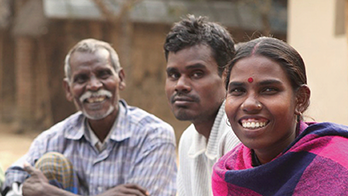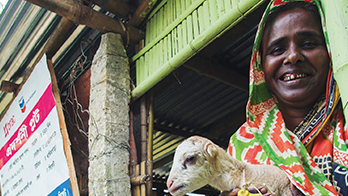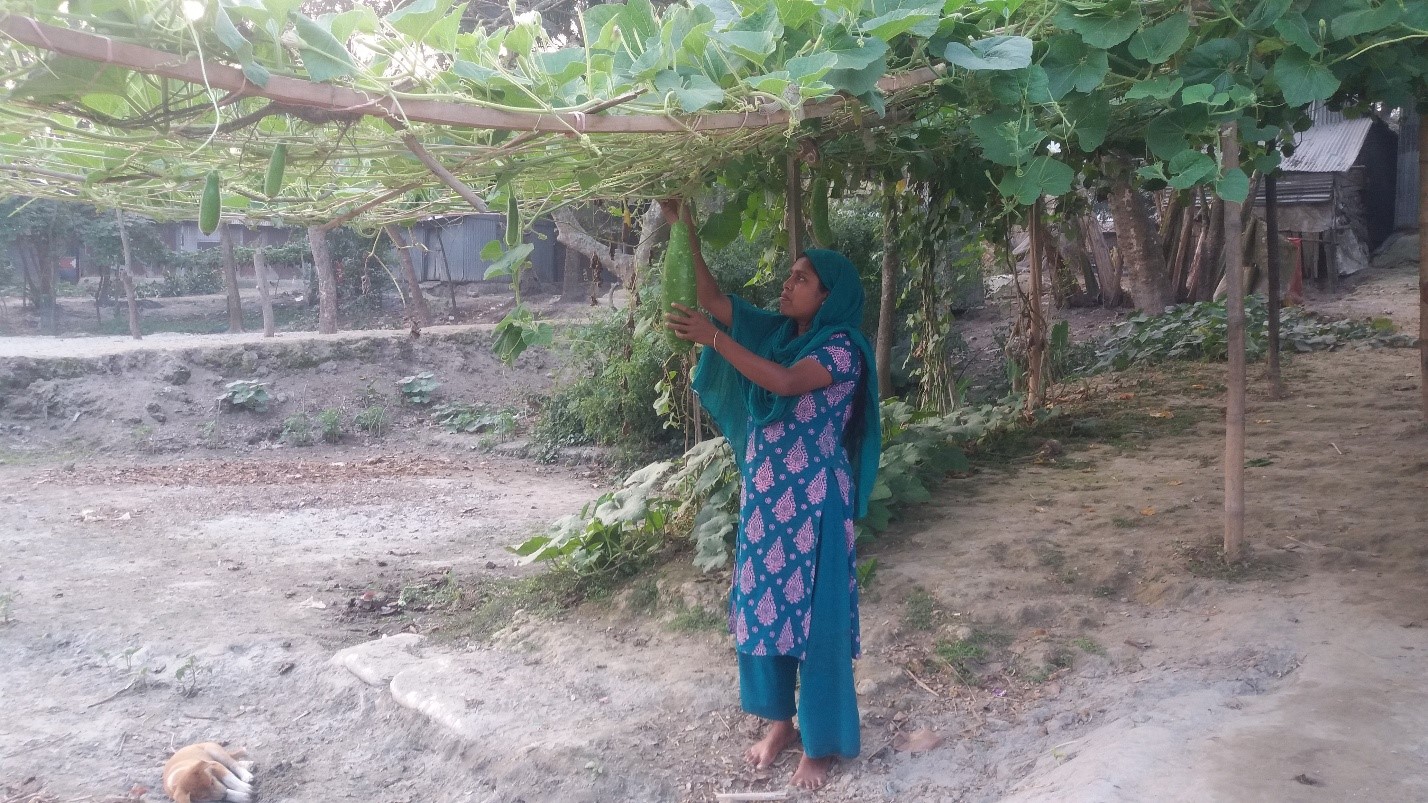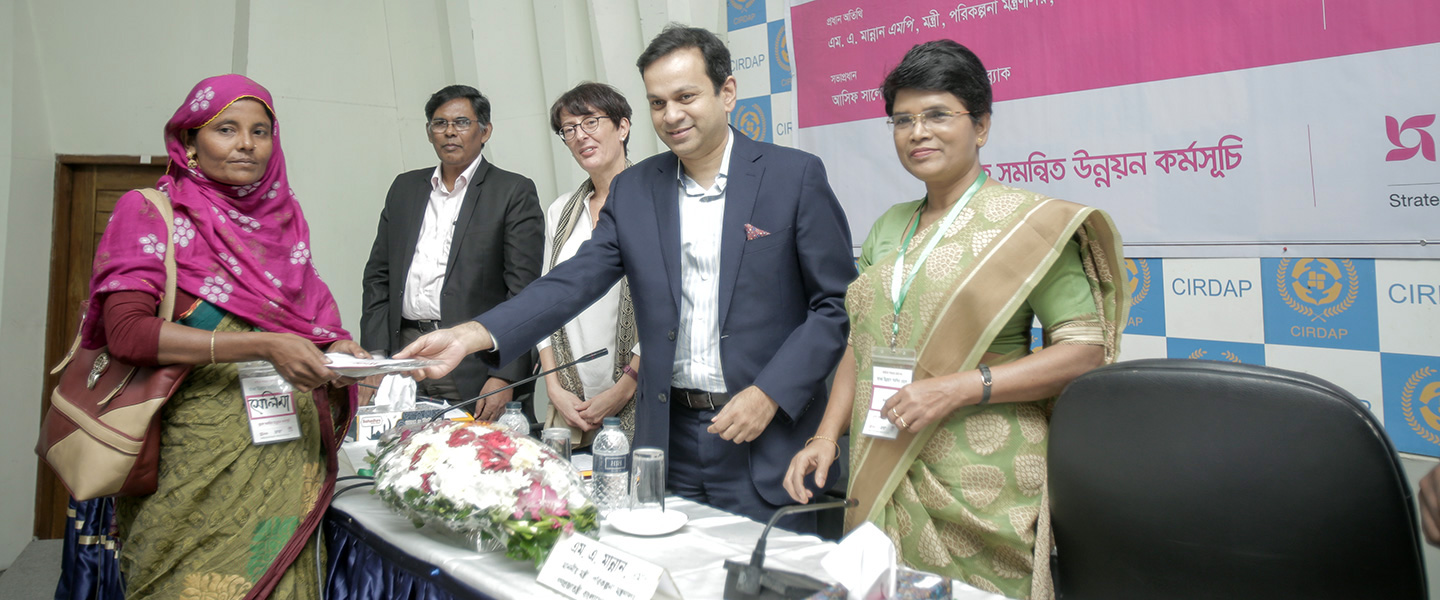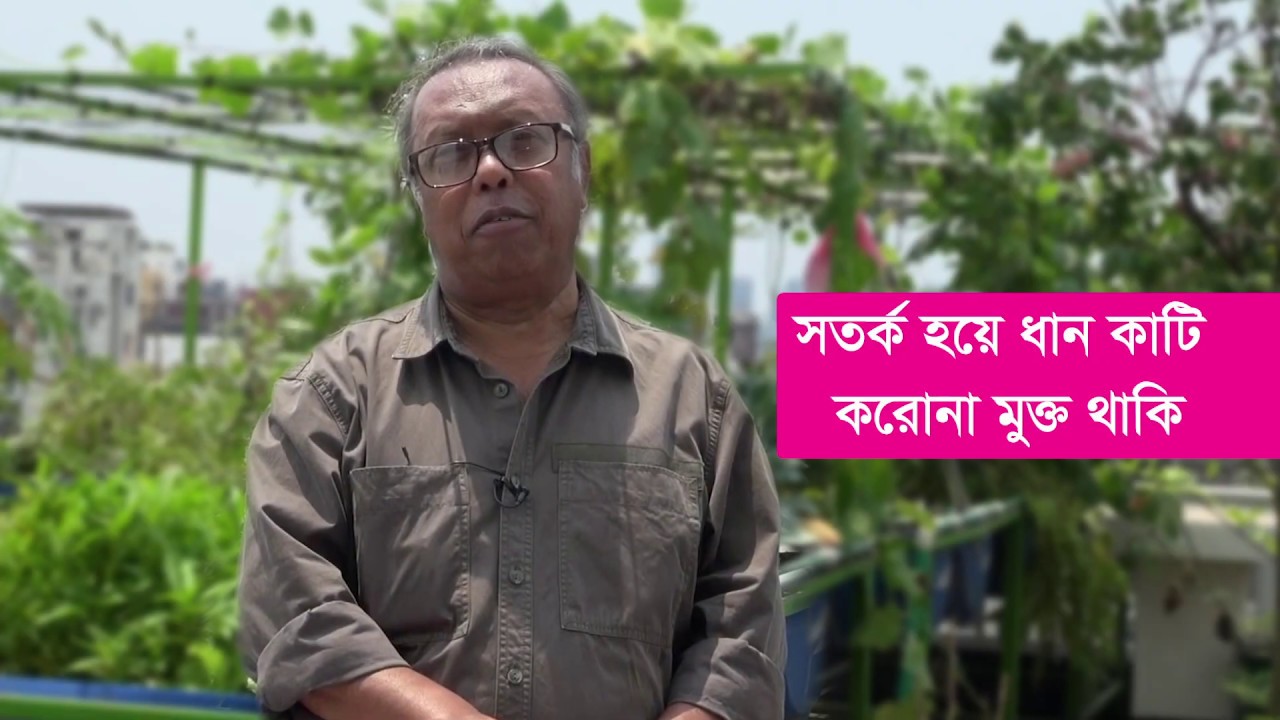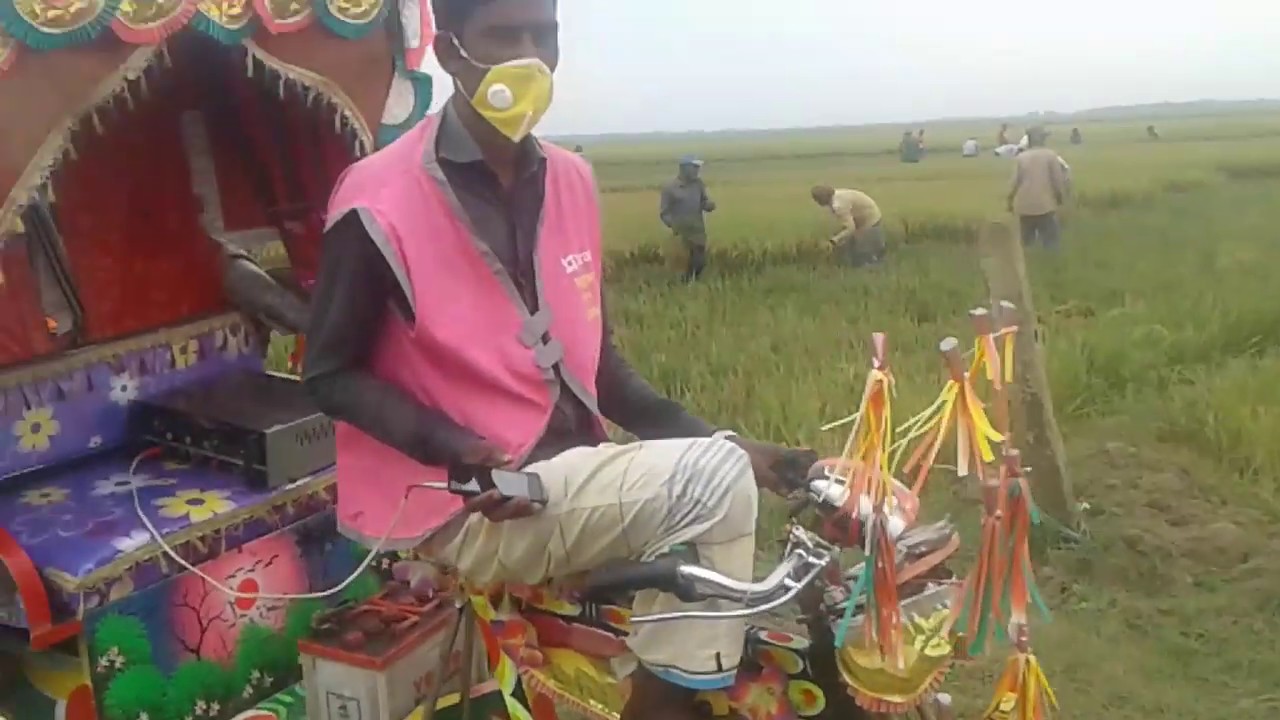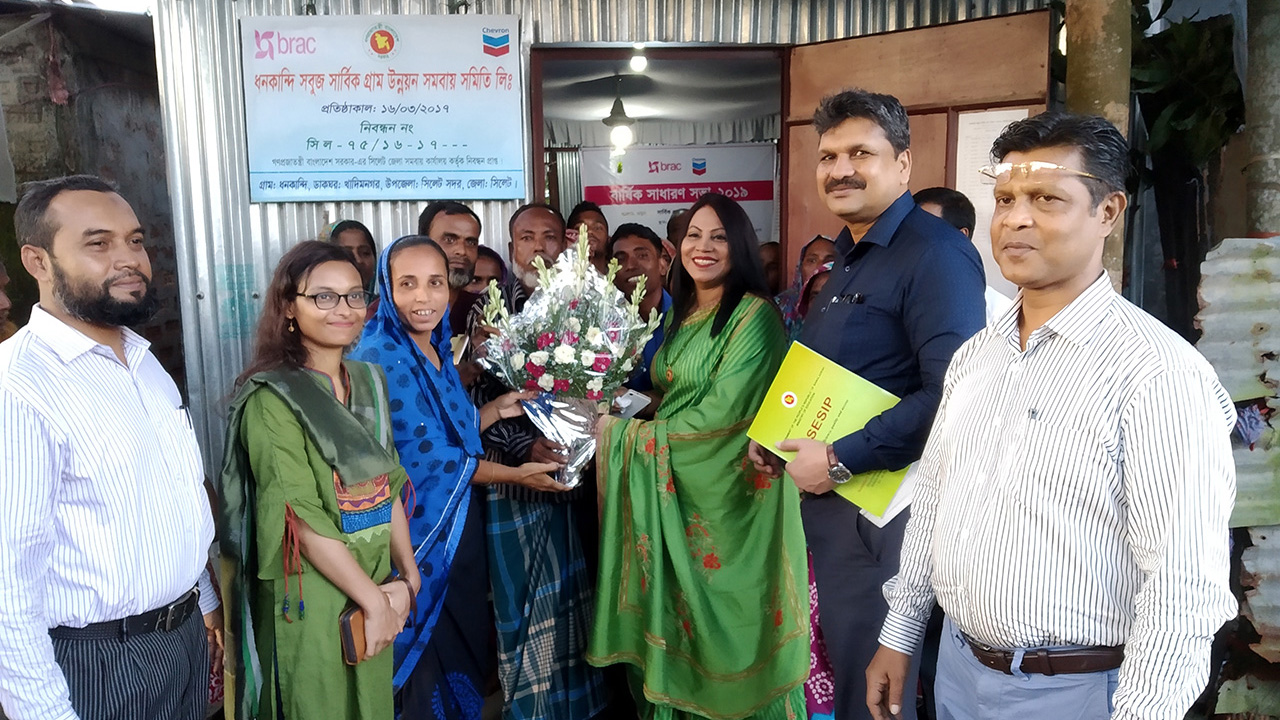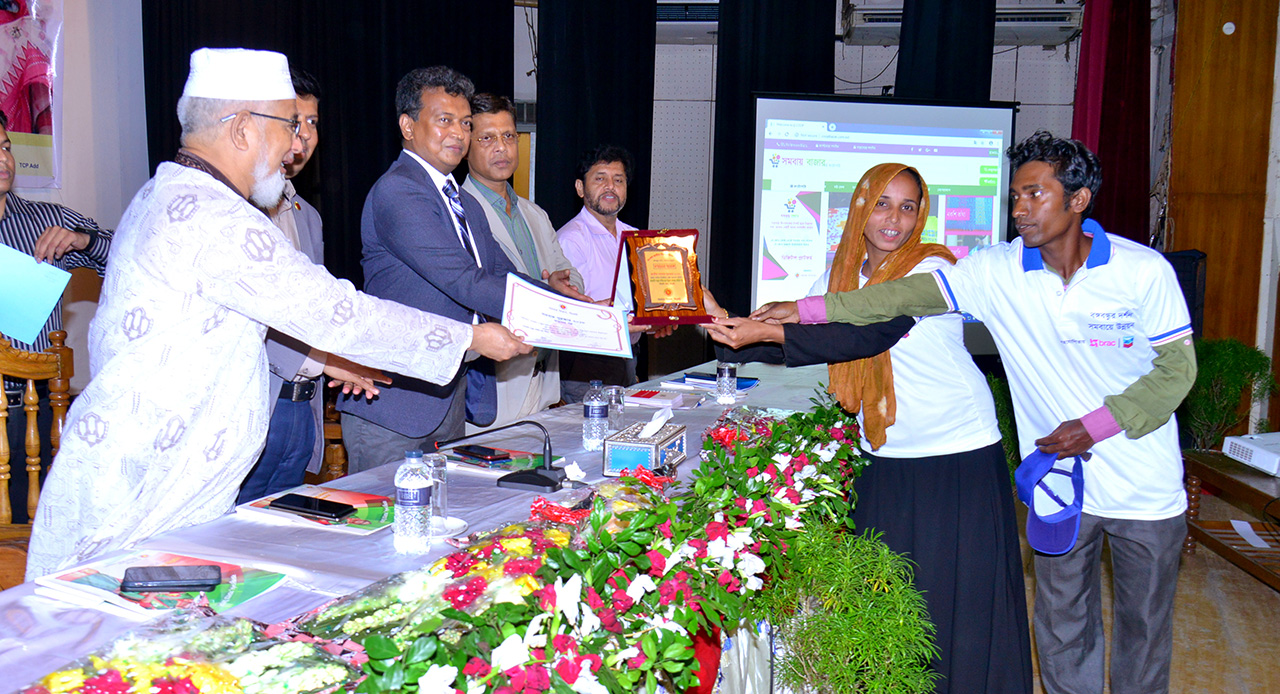Pockets of extreme poverty are particularly prevalent in hard-to-reach regions such as haors (wetlands), chars (riverine islands) and plain land indigenous people, where entire communities often lack access to basic services and economic opportunities.
High poverty rates with huge income and wealth inequalities, deprived of mainstream socio-economic development initiatives, marginalised and isolated, ‘hot-spots’ of poverty in Bangladesh, remoteness, poor transportation system, racial inequalities etc.
Our need based holistic intervention aimed to improve the socio-economic conditions and livelihoods of 1.1 million people from indigenous communities and people living in poverty and ultra-poverty from hard-to-reach areas such as haor areas and char (riverine island) regions.
IMPACT

70% of the population was covered through integrated services.

96% participants graduated out of ultra-poverty.

Income-generating activities improve economic conditions of 52% households’
WHAT WE DO

Interventions in haor (wetlands) regions
Improving the socioeconomic conditions of 1 million people living in poverty by 2020

Interventions in char (riverine islands) regions
Delivering essential services to support poverty reduction and climate resilience
Protecting and promoting indigenous cultures, building leadership capacity and advocating for indigenous peoples’ issues
Supporting the communities in the areas surrounding the gas fields in the greater Sylhet region through building leadership capacity and value chain development
HOW WE WORK
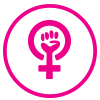
Women empowerment
Ensuring women's participation in decision making and representation in power structure process

Enhance access to basic services
Providing quality education, essential healthcare, legal aid support and improved water and sanitation practices

Diversified and sustainable livelihoods
Promoting agricultural farming, disaster preparedness, livelihood security, access to finance and micro-enterprise as means of income

Advocacy for strengthening development efforts
Knowledge management and dissemination with relevant actors and the government of Bangladesh
WHY IT WORKS

Tailored services
Providing needs-based support and services following careful analysis of each community

Single frontline staff
Trained persons ensure a holistic approach that delivers a comprehensive set of services

Closing the gap
Serving the most marginalised communities that otherwise have no access to basic services







